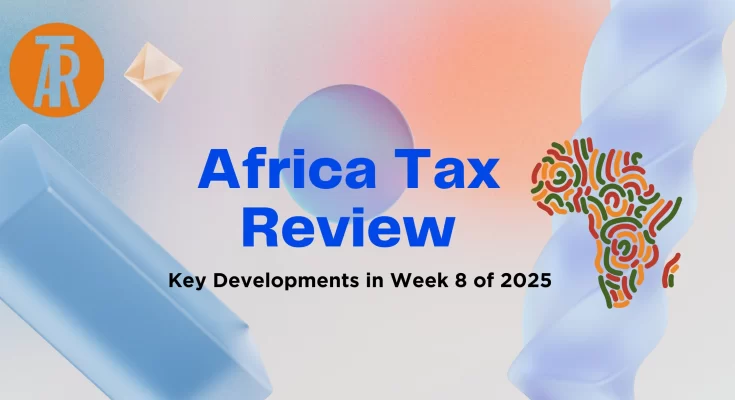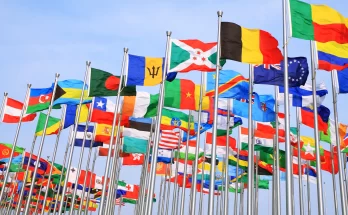Table of Contents
As African nations strive to balance economic recovery with fiscal sustainability, Week 8 of 2025 was characterized by significant tax-related announcements, budget proposals, and policy shifts.
Countries such as Malawi, Namibia, Mozambique, Kenya, and Mauritius introduced sweeping tax reforms, reflecting both domestic needs and global alignment efforts.
Africa Tax Review provide you with a professional breakdown of these developments, with references to official sources and expert analysis.

1. Malawi: Pro-Growth Tax Incentives and Bread VAT Exemption
On February 28, 2025, Malawi’s Minister of Finance and Economic Affairs, Sosten Gwengwe, presented the 2025/2026 National Budget Statement, which proposed several strategic tax measures to enhance economic resilience and attract investment.
Key highlights include:
- A reduction in corporate income tax for non-resident companies with a permanent establishment in Malawi from 35% to 30%.
- A 10-year tax holiday for mega farms, designated as a priority sector under Malawi’s agricultural industrialization agenda.
- Removal of 16.5% VAT on bread, buns, and confectioneries to support affordability and stimulate the local baking industry.
- These measures are expected to take effect on April 1, 2025, subject to parliamentary approval
(Source: ENS Africa Tax in Brief, February 2025).
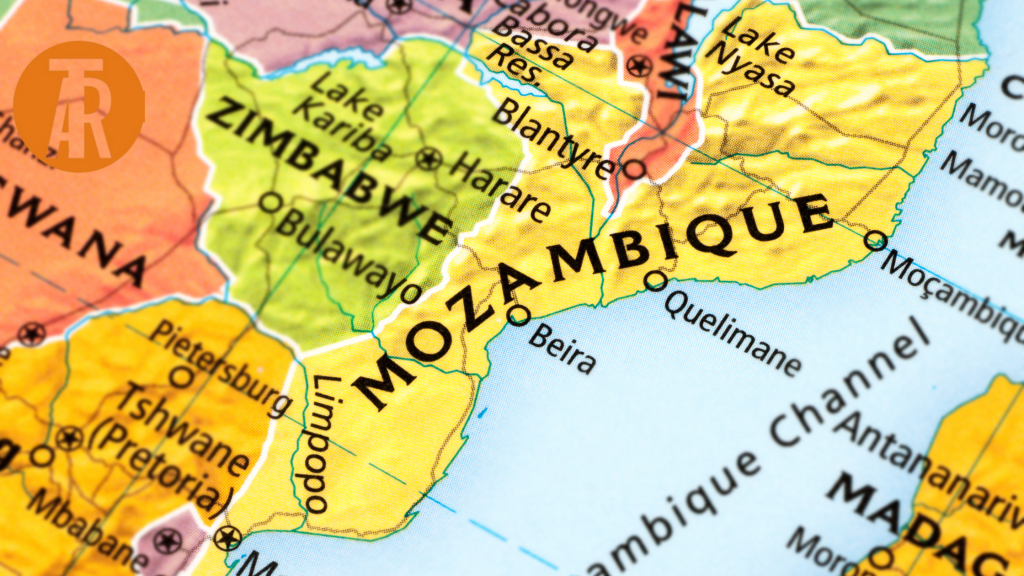
2. Mozambique: Reintroduction of Targeted VAT Exemptions
Mozambique’s Council of Ministers, on February 25, 2025, announced the reintroduction of VAT exemptions aimed at key manufacturing sectors. These include:
VAT exemption on sugar, cooking oil, and soap industries, including their raw materials and machinery.
These exemptions will remain in force until December 31, 2025, pending legislative endorsement.
This decision aims to ease production costs and encourage local value addition amid rising inflationary pressures.
(Source: ENS Africa Tax in Brief, February 2025).

3. Mauritius: Expanded CRS Reporting Obligations
The Mauritius Revenue Authority (MRA) released an updated list of reportable and participating jurisdictions under the OECD Common Reporting Standard (CRS) for financial account information exchange.
Newly added jurisdictions for the 2025 reporting year include:
- Algeria
- Armenia
- Benin
- Côte d’Ivoire
- Ghana, among others
This move reaffirms Mauritius’ commitment to global tax transparency and anti-base erosion practices.
(Source: ENS Africa Tax in Brief, February 2025).
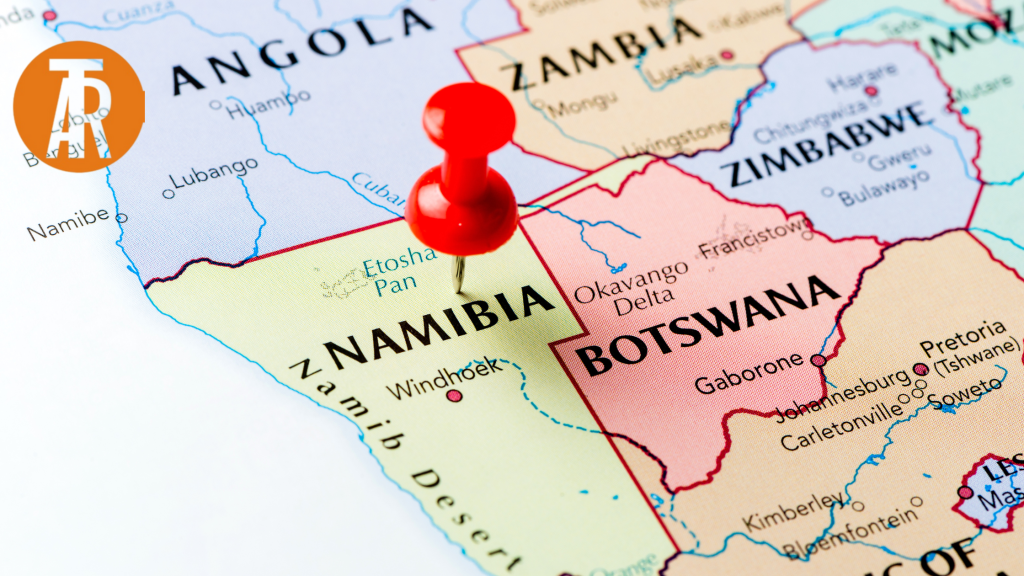
4. Namibia: Budget Focus on Tax Base Expansion and Relief
Namibia’s 2025/26 Budget, delivered on February 27, 2025, by Finance Minister Iipumbu Shiimi, introduced notable tax measures geared towards equity and competitiveness.
Highlights include:
- Reversal of the VAT flat rate scheme for eligible businesses, streamlining input-output tax compliance.
- Raising the VAT registration threshold, thus relieving small and informal businesses.
- Abolition of VAT on motor vehicle insurance policies and removal of the 1% COVID-19 and e-transfer levies.
- These measures aim to stimulate the formal economy and remove regressive taxes affecting consumer purchasing power. (Source: ENS Africa Tax in Brief, February 2025).
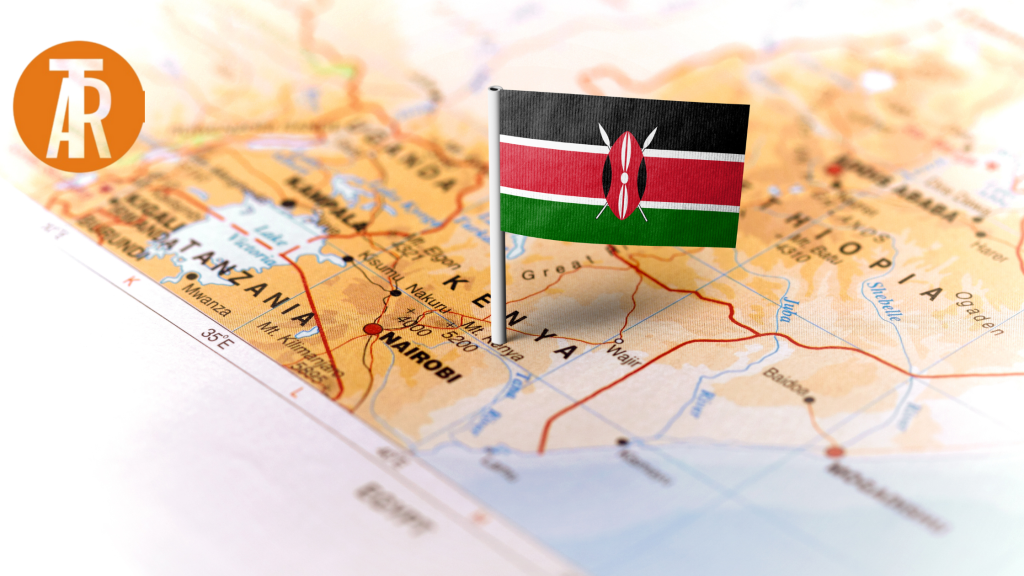
5. Kenya: Aligning Digital Taxation with Global Norms
Kenya advanced its tax modernization by implementing the following in February 2025:
Introduction of an excise duty on digital services provided by non-resident entities.
Replacement of the Digital Services Tax (DST) with a Significant Economic Presence (SEP) tax, in line with OECD Pillar One and Two frameworks.
Increased social security contribution rates, ensuring broader coverage and sustainable funding for pensions.
These reforms aim to align domestic rules with international digital taxation standards. (Source: Meijburg & Co Africa Tax Newsletter – February 2025).

6. South Africa: Continued Budget Delay and VAT Controversy
The anticipated South African 2025 National Budget Speech, initially scheduled for February 19, was postponed amidst coalition disputes over a proposed 2% VAT hike.
The African National Congress (ANC) supported the increase to fund fiscal obligations.
The Democratic Alliance (DA) and other partners opposed it, citing risks to consumer demand and inflation.
The budget was later rescheduled to March 12, 2025, signaling potential shifts in coalition dynamics and fiscal policy direction. (Source: Associated Press News Report, February 2025).
Africa Tax Review: Conclusion
Week 8 of 2025 presented a transformative period in African tax policy. With countries revising tax incentives, streamlining VAT structures, and enhancing compliance with global standards like CRS and SEP, the tax landscape is increasingly strategic.
These developments call for proactive adaptation by taxpayers, advisors, and revenue authorities alike, as Africa shapes its place in the global fiscal architecture.
Olatunji Abdulrazaq CNA, ACTI, ACIArb(UK)
Founder/CEO, Taxmobile.Online

